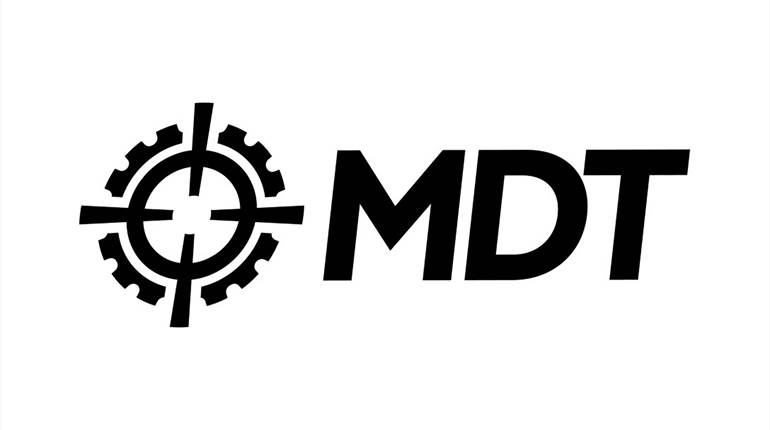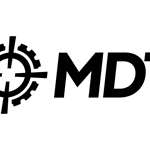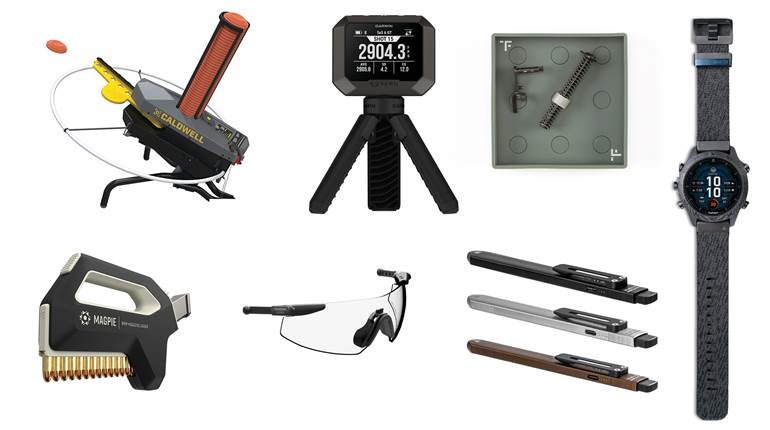
The ability of companies to track your whereabouts, monitor purchases, record Internet activity and surrender those details to government agencies—even without a court order—has increased in Orwellian fashion. Today it doesn’t take a clever investigator or court order to determine dates and times a law-abiding citizen visited an FFL, how much they spent and even their current whereabouts.
It’s easy for law-abiding gun owners to dismiss the tracking trend as sensationalism. A lot of our activities, like filling out 4473s, renewing carry licenses and clearing other hurdles to remain 100 percent in compliance with regulations are recorded anyway. This is something completely different—some of it taking place 24/7/365, what’s being sold can be easily misinterpreted.
Carry a smartphone? There’s a chance your insurance company is monitoring your movements. According to a June article in the New York Post, “The subscription-based apps Life360, MyRadar and Gas Buddy are providing user data to an Allstate-owned company, Arity, which computes the numbers to create a ‘driving score’ that takes into account any risky behavior behind the wheel, such as distracted driving, speeding and sudden braking.”
It sounds reasonable enough, considering the price of repairs and medical bills, but some of that data is compiled into massive collections in a form capable of drilling down to a single person’s movements. In 2020, the ACLU sued the Federal Government because companies were, ”… selling access to a massive database to the U.S. Department of Homeland Security, U.S. Customs and Border Protection, and ICE.” The government’s primary stated purpose was tracking illegal immigrants.
Insurance companies are also using drones to inspect homes, often raising premium prices or canceling policies. It’s widespread, too, in California, Florida, New York and probably nationwide. In today’s economy, it’s likely those images will be for sale—if not already.
Financial records traditionally remain private, unless subpoenaed, but in 2020, several banks handed files—including those of people innocently traveling to Washington, D.C.—over to the FBI without a court order. Internet-based goliath PayPal was among them, according to the Daily Mail. It took a year before Congress looked into the release of the private records.
Monitoring firearm and related-gear purchases by banking and credit card activity was a huge controversy only two years ago. Since then, the practice has been outlawed in several states. The regulation isn’t much comfort in the Volunteer State, though, because Tennessee Attorney General Jonathan Skrmetti told Fox Business in late June that talks with Visa, Mastercard and American Express, “… have raised concerns that [those] institutions may not be taking appropriate measures to comply with the act.” A Merchant Code Category, one employed by banking firms specifically for gun retailers, was officially adopted in September 2022.
The latest controversy is Microsoft’s May announcement of a new Windows 11 feature called Recall. The uproar over privacy concerns was quick and significant. Basically, an artificial intelligence app takes a “snapshot” of a user’s computer screen every few seconds. In theory, it would save time in researching a subject or tackling lengthy tasks by building a record of sources or retracing tedious steps. It allegedly resides only on the computer, encrypted, and comes with the ability to be disabled.
Add smart surveillance cameras at popular retail stores with facial recognition and Big Brother’s watching, wherever and whenever you go. It’s all billed as harmless improvements in efficiency to reduce cost and save time. It almost resembles financial enforcement of a Chinese-style social credit system, and it's another reason not to laugh at people who always pay cash and stuff their phones in Faraday cages between calls.
With ever-increasing surveillance of your location, your finances and your habits, chances are that companies and government agencies know a lot more about you than you'd like them to, and that certainly extends to your identity as a firearm owner. To protect your privacy and to prevent corporations from taking potential discriminatory action against you, it's critical to secure your data whenever and wherever you can.






































